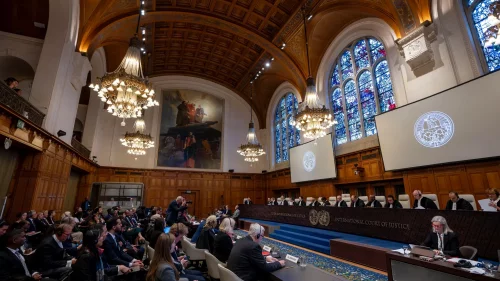Australia plans to cut emissions by 43% by 2030 from 2005 levels and scrap import tariffs and taxes on electric cars, which cost less than $53,580.
The relevant draft laws will be presented to the parliament on July 26, said Climate Change and Energy Minister Chris Bowen, reports NBC News.
Australia's new government is putting climate change at the top of the legislative agenda when parliament sits for the first time since the May 21 election.
Domestically, only 1.5% of cars sold are electric or hybrid, and passenger cars account for almost 10% of Australia's emissions. The new centre-left Labor government expects electric vehicles to account for 89% of new car sales by 2030.
The government fleet will be converted to 75% zero-emission vehicles, which will strengthen the market for used electric vehicles, as government vehicles will be sold in three years. The new government has already officially informed the UN of Australia's more ambitious target for 2030 (the previous reduction was 26-28%).
Bowen noted that legislating a target of 43% would create more confidence.
"It's about certainty and stability, mainly for the business investment community," he said.
Opposition Leader Peter Dutton ruled out Liberal senators pushing Labour's target through the upper house. The Labor Party has only 26 seats in the 76-seat Senate, so it needs outside help to pass the legislative agenda.
Greens leader Adam Bandt has said he will push the government to ban new coal mines and gas projects once targeted legislation is agreed. The Greens want Australia's emissions cut by 75% by 2030.
Australia's greenhouse gas emissions increased by 0.8% to 4.1 million metric tonnes in 2021.
Bowen called the increase in emissions one of the biggest in 15 years and blamed it on nine years of inaction by the previous government.
“Factors driving the increase included a 4% rise in transport emissions due to the easing of pandemic-related travel restrictions and a 4.2% increase in agricultural emissions due to rain that ended a multi-year drought in large areas of southeastern Australia," the material explained.
We will remind the EU agreed general approaches to reducing emissions and their influence.
As previously reported by EcoPolitic, NATO joined wars on climate change and stated ambitious goals.





